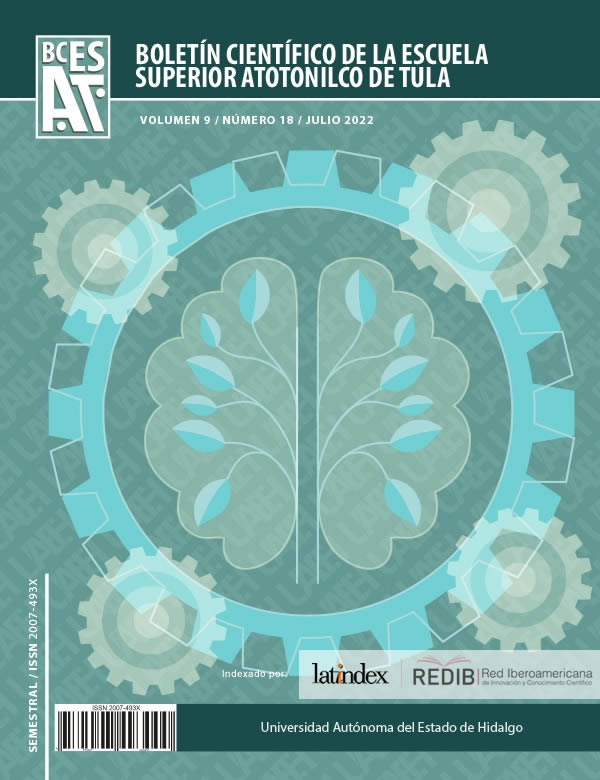Levels of care in mental health, experience, and professional performance a preliminary Mexican study
Abstract
Introduction: Clinical psychology is a branch of psychology in charge of providing consultancy to people with problems that compromise their quality of life. The literature has suggested that the best predictor of quality care is associated with supervision and professional preparation. That status in Mexico is unknown. Objectives: To carry out a survey of the number and type of problems dealt with by professionals, as well as to observe whether experience and training have an impact on their practice Method: A survey was carried out in the national federation of schools, societies and associations of Psychologists of Mexico, A.C. (FENAPSIME) with an instrument to determine the current state of practice in psychology Results: There were significant differences (.05) regarding the number and severity of problems addressed according to the educational level and focus of the participants. Conclusion: Different associations and universities are encouraged to take up the points described by professionals as a first line of defense for the professionalization of psychology.
Downloads
References
American Psychological Association. (2020). Clinical Psychology.
Clark, R. A., Harden, S. L., & Johnson, W. B. (2000). Mentor Relationships in Clinical Psychology Doctoral Training: Results of a National Survey. Teaching of Psychology, 27(4), 262–268. https://doi.org/10.1207/S15328023TOP2704_04
Consejo General de Colegios Oficiales de Psicólogos. (2003). Psicología clínica y psiquiatría. Papeles Del Psicólogo, 24(85), 1–10.
Cook, C. R., Davis, C., Brown, E. C., Locke, J., Ehrhart, M. G., Aarons, G. A., Larson, M., & Lyon, A. R. (2018). Confirmatory factor analysis of the Evidence-Based Practice Attitudes Scale with school-based behavioral health consultants. Implementation Science, 13(1), 116. https://doi.org/10.1186/s13012-018-0804-z
Falender, C. A., Cornish, J. A. E., Goodyear, R., Hatcher, R., Kaslow, N. J., Leventhal, G., Shafranske, E., Sigmon, S. T., Stoltenberg, C., & Grus, C. (2004). Defining competencies in psychology supervision: A consensus statement. Journal of Clinical Psychology, 60(7), 771–785. https://doi.org/10.1002/jclp.20013
Garb, H. N. (1989). Clinical judgment, clinical training, and professional experience. Psychological Bulletin, 105(3), 387–396. https://doi.org/10.1037/0033-2909.105.3.387
Haslbeck, J. M. B., Ryan, O., Robinaugh, D. J., Waldorp, L. J., & Borsboom, D. (2021). Modeling psychopathology: From data models to formal theories. Psychological Methods. https://doi.org/10.1037/met0000303
Kaslow, N. J., Borden, K. A., Collins, F. L., Forrest, L., Illfelder-Kaye, J., Nelson, P. D., Rallo, J. S., Vasquez, M. J. T., & Willmuth, M. E. (2004). Competencies Conference: Future Directions in Education and Credentialing in Professional Psychology. Journal of Clinical Psychology, 60(7), 699–712. https://doi.org/10.1002/jclp.20016
Labrador, F., & Créspo-López, M. (2012). Psicología científica basada en la evidencia. Piramide.
O’donovan, A., Halford, W. K., & Walters, B. (2011). Towards Best Practice Supervision of Clinical Psychology Trainees. Australian Psychologist, 46(2), 101–112. https://doi.org/10.1111/j.1742-9544.2011.00033.x
Sánchez, P. (2008). Psicología clínica. Manual moderno.
Tryon, W. W. (2014a). Core Network Principles. In Cognitive Neuroscience and Psychotherapy (pp. 125–222). Elsevier. https://doi.org/10.1016/B978-0-12-420071-5.00003-X
Tryon, W. W. (2014b). Introduction. In Cognitive Neuroscience and Psychotherapy (pp. 5–66). Elsevier. https://doi.org/10.1016/B978-0-12-420071-5.00001-6










